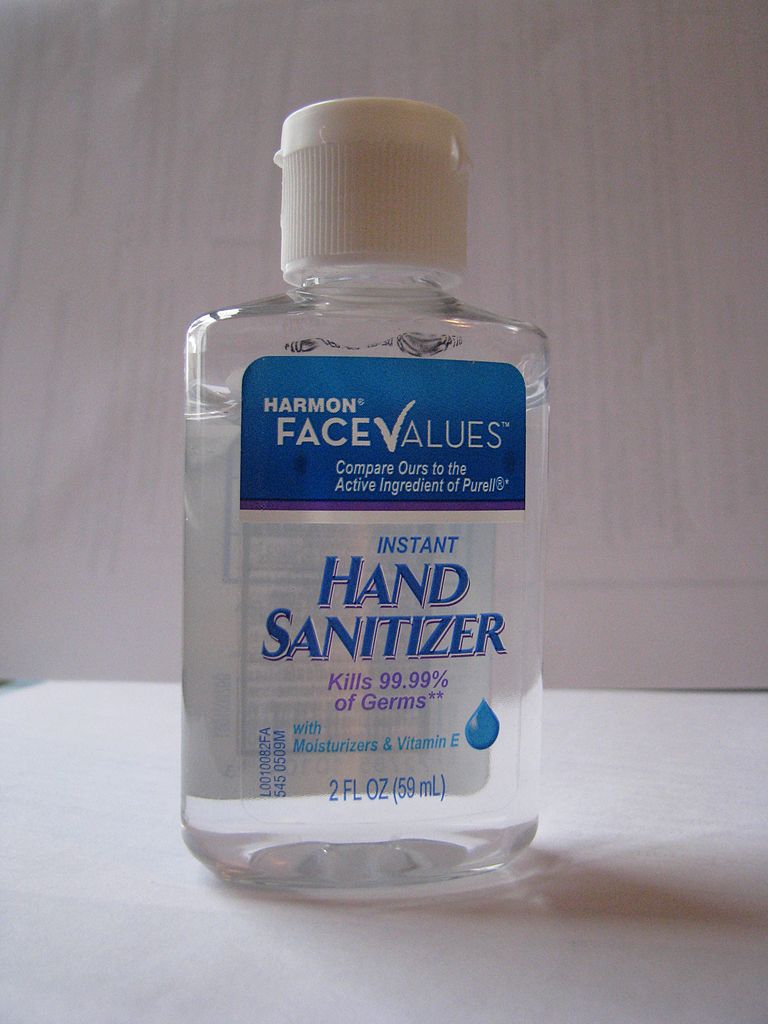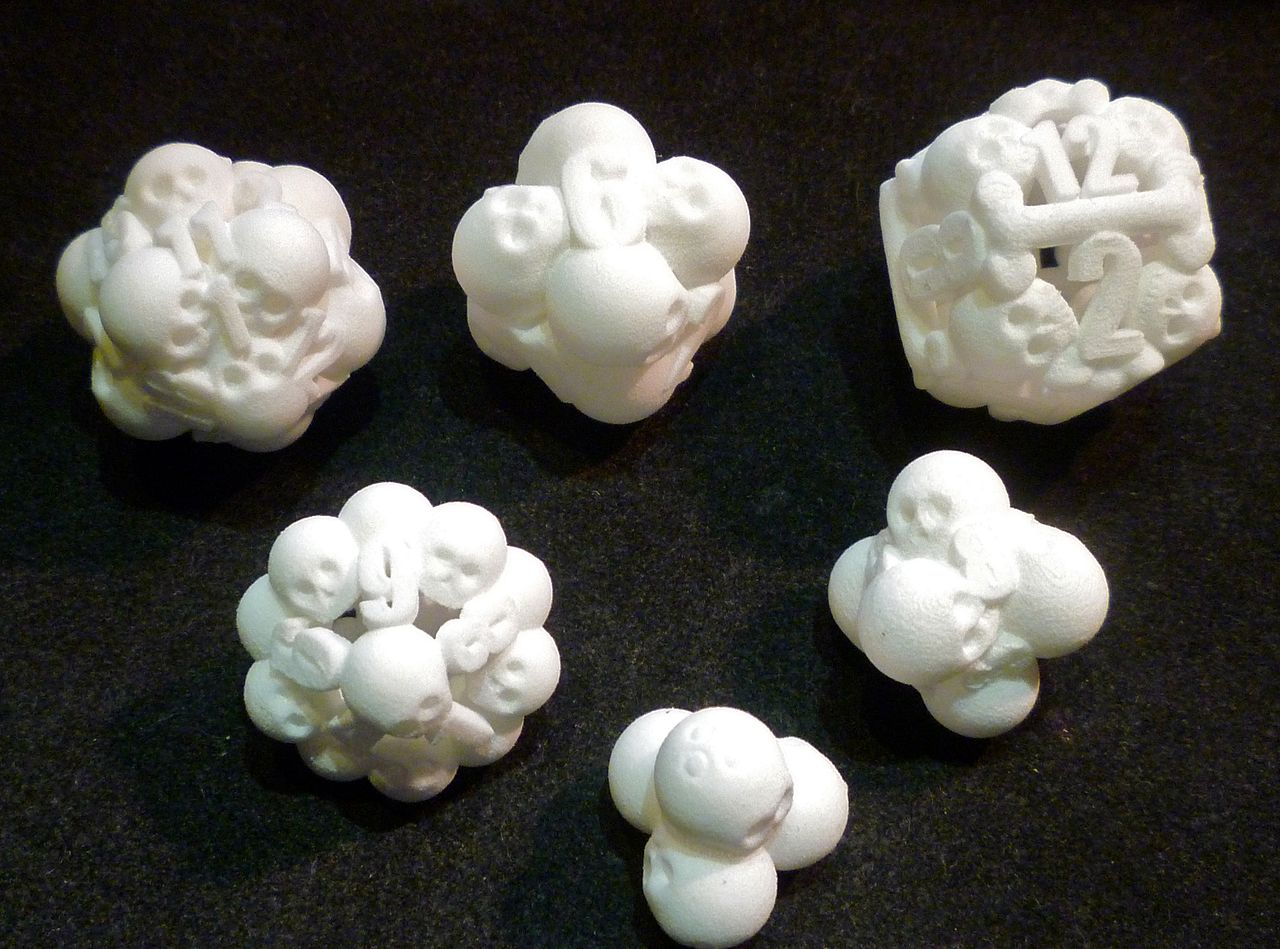Category: Epidemiology

Zika virus, microcephaly, and calls to bring back DDT (Rachel Carson revisionism edition)
In response to the Zika virus threat, predictably the same group of anti-environmentalists are urging that we bring back DDT and "Spray, baby, spray!" To make their questionable case, they overstate the benefits of DDT, downplay its risks, and engage in some major historical revisionism regarding the legacy of Rachel Carson.
Holding the supplement industry to account: Can we learn from tobacco regulation?
A new paper compares the supplement industry to Big Tobacco and argues that states should use the same tactics to improve consumer safety and protection.

No, Purell Does Not Breed Super-Anything
Recently, I was sitting in a meeting and reached for the dispenser of Purell hand sanitizer sitting on the conference room table. A colleague of mine gave a small, rueful shake of her head to the person on her other side. Apparently I had erred. I asked what was the matter, and got a brief answer to the effect of “because superbugs.”...
Do Helmets Prevent Head Injuries?
A cycling enthusiast asked me about helmets. It seems compellingly obvious to me that a head impacting the pavement without a helmet is likely to sustain more damage than a head protected by a helmet. He challenged that, citing a BMJ article by Ben Goldacre that questioned whether the evidence showed that helmets do any good. He said I was making a...
Hot-Zone Schools and Children at Risk: Shedding light on outbreak-prone schools
The subject of parental vaccine refusal and the impact that has on disease outbreaks has been covered many times on SBM and elsewhere. I apologize to our readers who are growing tired of the subject, but there is perhaps no subject more deserving of focus and repetition. There’s also an important angle to the discussion that I’ve written on previously and which...

Is cancer due mostly to “bad luck”?
One of the more difficult conversations to have with a patient as a cancer doctor occurs when a patient, recently informed of her diagnosis of, for example, breast cancer, asks me, “Why did I get this? What caused it?” What almost inevitably follows is an uncomfortable conversation in which explanations of the multiple known causes of breast cancer do not satisfy the...

Breast cancer myths: No, antiperspirants do not cause breast cancer
Antivaccine activists frequently claim that aluminum salts used as adjuvants in vaccines cause autism. However, if you listen to the quacks and cranks, that's not all aluminum does. Oh, no, that nefarious metal is also being blamed for breast cancer. But don't throw away your antiperspirant just yet. The evidence cited to support this connection is utterly unconvincing. Much of it even...
Autism Prevalence Unchanged in 20 Years
That there is an “autism epidemic” is taken as a given by those who feel autism has a dominant environmental cause. The Age of Autism blog, for example, bills itself as a, “Daily Web Newspaper of the Autism Epidemic.” The term “epidemic” also implies an environmental factor, such as an infection. The epidemiology of autism and autism spectrum disorder (ASD) has never...
One more time: No, wearing a bra does not cause breast cancer
EDITOR NOTE: THERE IS AN ADDENDUM, ADDED SEPTEMBER 10. Besides being a researcher and prolific blogger, I still maintain a practice in breast cancer surgery. It’s one of the more satisfying specialties in oncology because, in the vast majority of cases I treat, I can actually remove the cancer and “cure” the patient. (I use the quotes because we generally don’t like...

